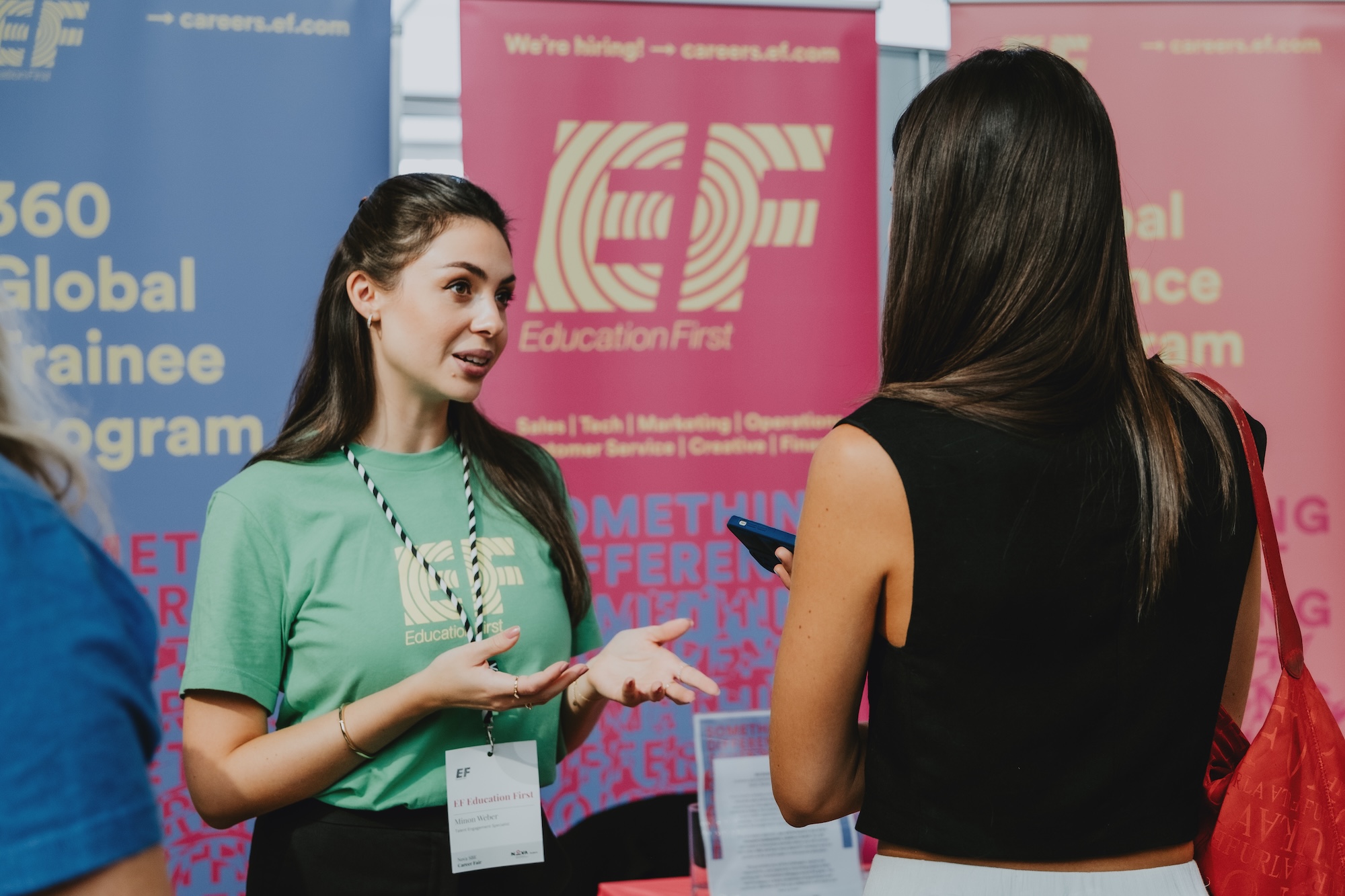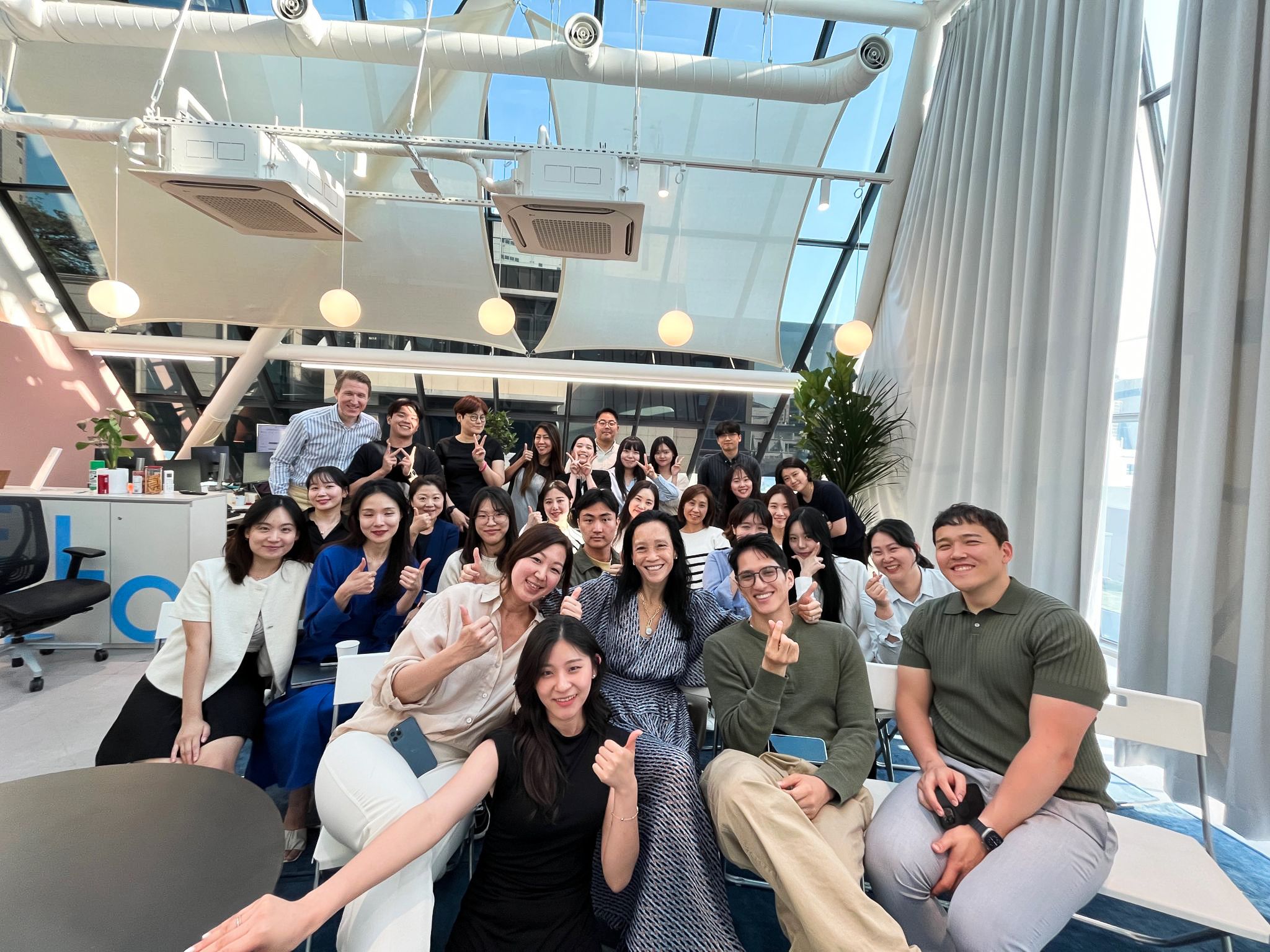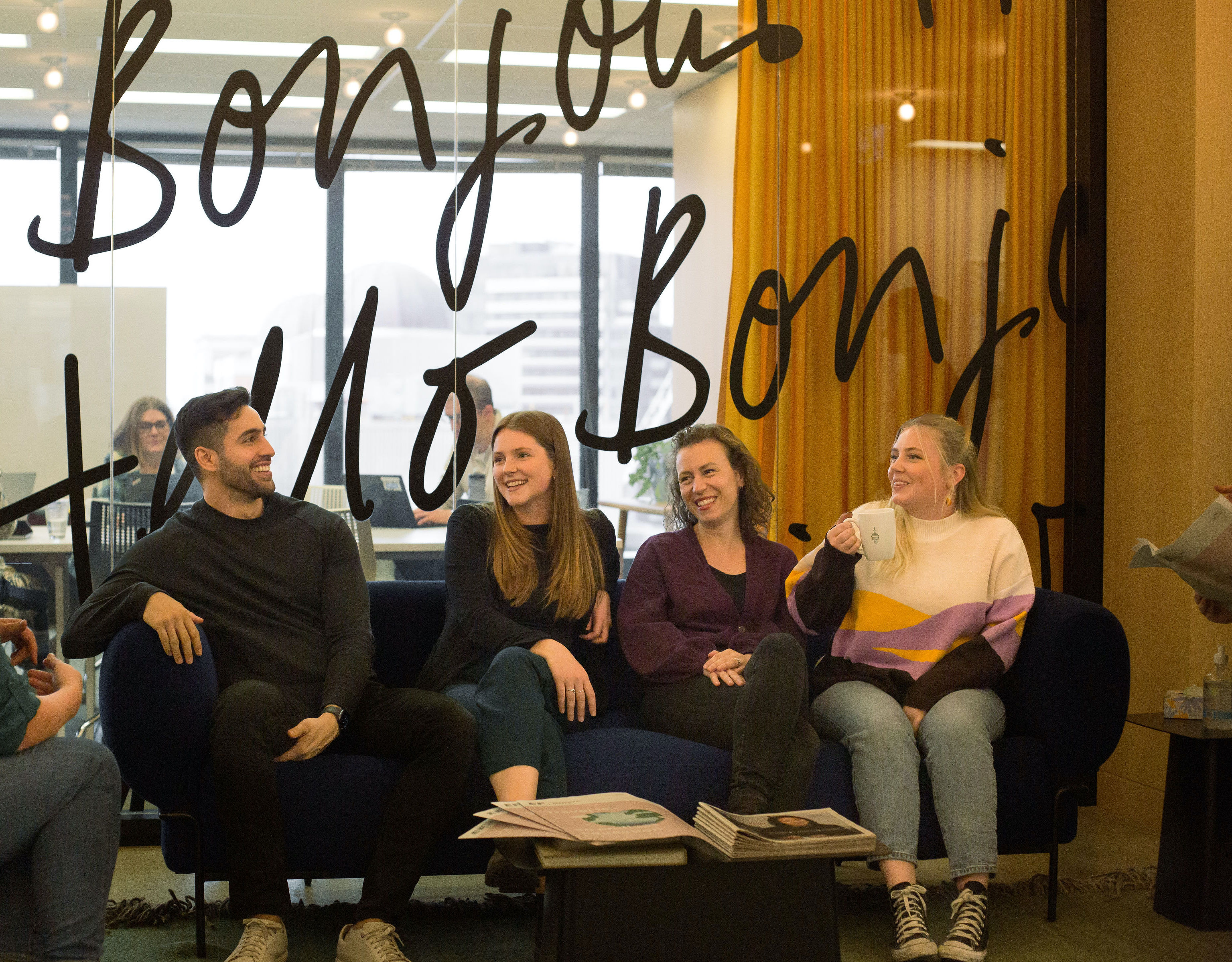
EF (Education First)
The world's largest private education company
How to make your time abroad stand out to employers
 Spending time abroad—whether for Erasmus, work, or travel—is about so much more than collecting stamps in your passport. Employers consistently highlight “international experience” as a signal of adaptability, resilience, and cross-cultural communication, all core human skills that are increasingly valued in today’s job market. But many candidates struggle add these experiences into their CVs and in interviews.
Spending time abroad—whether for Erasmus, work, or travel—is about so much more than collecting stamps in your passport. Employers consistently highlight “international experience” as a signal of adaptability, resilience, and cross-cultural communication, all core human skills that are increasingly valued in today’s job market. But many candidates struggle add these experiences into their CVs and in interviews.
At EF, our recruitment team doesn’t just look at where you’ve been. We care about what you learned, how you adapted, and why those experiences matter now. When we review CVs, the candidates who stand out are the ones who connect their international experience to clear skills, outcomes, and growth.
Here are five tips from our team to turn your time abroad into a career advantage: 
1. Make it personal
A line on your CV or cover letter like “Did a semester abroad in Italy” doesn’t tell us much. What recruiters want to know is: how did that experience shape you? Why was it important?
Example: “Traveled solo through Southeast Asia and learned how to navigate new cultures and logistics on my own. It gave me confidence to be the new person in a place where I feel a little uncomfortable, and confident in my ability to get around.”
Example: “Joined a local football team during my exchange in Spain. Building friendships and winning a championship with people who spoke 5 different languages helped me learn to communicate differently.”
👉 Tip: When we see candidates explain not just what they did but what it meant to them, it shows maturity and reflection. This helps employers understand what kind of person you are and what you bring to the workplace.


2. Focus on outcomes
Experiences abroad become even stronger when you can point to the impact you made.
Example: “While traveling solo, met a local bar owner in Malaysia and helped her grow foot traffic through new marketing ideas. And we’re still in touch today!”
Example: “Volunteered with a local NGO in Peru, and went door to door inviting neighbors near the building, that doubled attendance at their next workshop.”
👉 Tip: Use action verbs and results. Show what changed because of your contribution.


3. Use stories in interviews
International experiences can give you ready-made answers to interview questions. These aren’t bullet points on a CV—they’re mini narratives you can expand on to show how you behave in real situations.
“Tell me about a challenge you overcame” → navigating a train strike in Paris while staying calm, problem-solving, and finding alternatives home
“Tell me about a time you worked with a diverse team” → collaborating with classmates from five nationalities on a joint project and helped with a miscommunication
👉 Tip: Come prepared with 2–3 short stories. We remember the candidates who can turn an experience into a clear demonstration of grit, adaptability, or collaboration.


4. Connect it to the role
Your time abroad might be impressive, but will stand out the most when the recruiter can understand how it can be tied directly to the job.
Sales → negotiating with people from different cultural backgrounds
Marketing → understanding consumer insights in new markets
Operations → coordinating across time zones, navigating complex logistics, or problem-solving in fast-changing environments
👉 Tip: Read the job description closely, then link your global experience to the skills they’re asking for.


5. Position it strategically on your CV
Where you place your experience matters. When we review CVs, we notice if international experience is buried—or if it’s presented clearly in the right section.
In Education → Erasmus in Berlin – coursework in international business
In Work Experience → Internship in Paris – supported bilingual marketing campaign
In Skills → languages, intercultural abilities, global awareness
👉 Tip: recruiters often scan a CV in under a minute. If your international experience is hidden or phrased vaguely, we might miss it. Put it where it’s most relevant and make it easy for us to see right away.


If you want to work for a company that values international experiences like these, explore our open roles at EF (Education First) here.